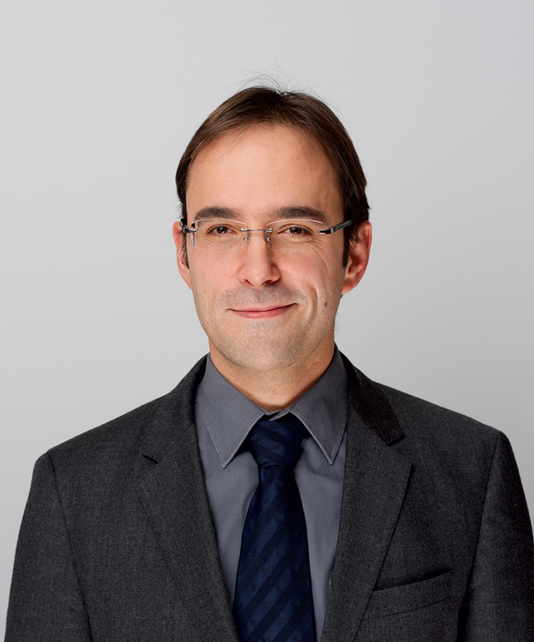In our new series of interviews, each newsletter introduces a member of the Fraunhofer Cleaning in more detail. For the second newsletter we have prepared an interview with Dr. Jakob Barz from Fraunhofer IGB. Read more about his career and his personal view on the goals, potentials and aspirations of Fraunhofer Cleaning.

How did you join Fraunhofer Cleaning?
Our institute has long been a member of the Fraunhofer Cleaning. I originally come from the field of plasma technology, where I have often dealt with the topic of cleaning and purity, and some time ago I took over the representation of the institute in the Fraunhofer Cleaning from my predecessor.
What goal have you set yourself for your work at Fraunhofer Cleaning?
The goal is of course to provide our clients and project partners with the best possible support for their questions. This also includes presenting the technical possibilities on many occasions at trade fairs, specialist presentations and conferences in order to submit concrete proposals for solutions. I would like to make greater use of the expertise of my colleagues who are working in the field of cleaning and purity with completely different professional skills.
What would you like to pass on to the customers of Fraunhofer Cleaning?
The Fraunhofer Cleaning includes a wide range of different competencies. This goes beyond what we can shortly present only or on trade fairs to the outside world. Therefore, it is always worth asking.
What does the Fraunhofer IGB offer in cleaning technology?
We deal with cleaning technologies, for example plasma processes up to the development of biosurfactants. This also includes the disinfection of surfaces. Accordingly, we also offer analytics. This starts with chemical and physical surface analysis and goes right through to microbiological evaluation (bacteria, spores, pyrogens, viruses).
What makes you a competent partner in cleaning technology?
A personal focus is on surface analysis: we use it not only to validate cleaning processes, but we also carry out many analyses of products that have failed in quality assurance or, in the worst case, in the field. In order to help the customer to avoid the defects, it is necessary to go through the entire process chain together and to narrow down the source of the error. In the case of material composites, it is unfortunately often one single inappropriate cleaning step, activation or similar, which did not quite fit: an invisible detail that is only noticed at the end. According to Wolfgang Pauli: "God made the bulk; the surface was invented by the devil." Our analytics team is quite persistent, we want to understand the problem, otherwise we are not satisfied either.
At the same time, we know the challenges from the other perspective: We develop coatings and functionalize surfaces ourselves. Of course, the question of suitable pre-cleaning automatically comes into play and we are actively expanding our portfolio of tricks and tips.
What do you wish for the industry?
The topic of surfaces and cleaning will continue to accompany us quite crisis-proof: New production technologies bring new requirements (electric mobility with batteries or fuel cells are just one example). I hope and wish that Germany will remain as competent and well-positioned in the future as it is today.
What is urgently needed so that the next big step can be taken in the field of cleaning technology?
Good question: until recently I could not have given a real answer to this question because there is a suitable technology for almost all questions concerning cleaning technology. Today I think the big challenge is balancing between the current pandemic and sustainable technology development. We experience how suddenly technological progress, which we take for granted, suddenly enters into competition with another topic. I am convinced that the decisive factor for Germany as a business location will be how we succeed in taking the step towards the technologies required for climate and environmental protection despite the pandemic. This was a very big challenge even before Covid-19, but now, it has become even tougher. At present people often only talk about risk. But we are also witnessing the emergence of completely new ideas (also for cleaning technology) and how previous niche products are experiencing a boom. We should now really pay attention that the strong driving forces of the German industry - for example, the automotive and mechanical engineering industries - as well as new technology companies and start-ups are prepared for the future in the best possible way. Technological innovation brings new requirements for material properties with it, which then also benefits cleaning technology.
 Fraunhofer-Business Area Cleaning
Fraunhofer-Business Area Cleaning